WEBINAR
Remote Assessments for Lab-related Programs: Minimizing Risks That Could Affect Accreditation When On-Site Assessment is Not Possible
Learn about preparing for remote assessments at this one-hour webinar on May 21, 2020. The increased use of remote (or virtual) assessment techniques by accreditation bodies has changed the way assessments typically have been performed. Thus, the expectations of organizations being assessed also have changed.
An organization’s ability to use technology and work effectively in a remote environment can affect the eligibility to receive this type of assessment and the overall success of the activity. Understanding what to expect and what is expected can make the difference between a positive assessment and a frustrating experience.
Proper planning, preparation, and effective use of technology is key to the remote assessment process. Being able to use technology such as video devices to effectively demonstrate technical activities will have a positive impact on the assessment and allow for expanded use of the remote assessment process.
Takeaways:
- How accreditation bodies determine eligibility for a remote assessment activity
- Planning, preparation, and choosing the right technology to use for the assessment
- What to expect during a remote assessment
- Effective technical witnessing using remote techniques
